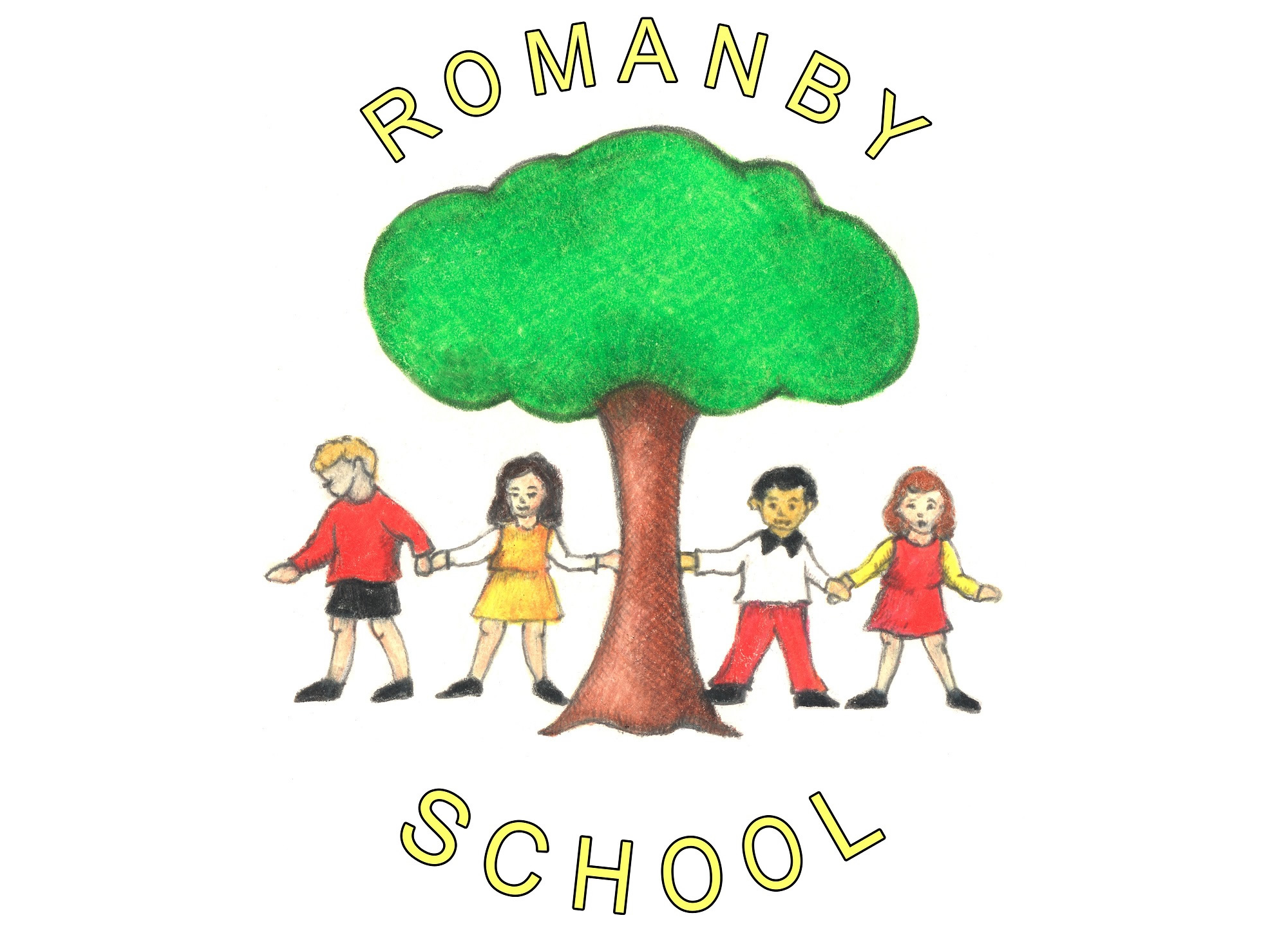SEN Coordinator
Our SEN Coordinator is Mrs Whittaker
Policy
Information about our accessibility plan can be found in our Equalities Scheme in the policies section.
Information Report
Code of Practice 6.79
‘The governing bodies of maintained schools and maintained nursery schools and the proprietors of academy schools have a legal duty to publish information on their websites about the implementation of the governing body’s or the proprietor’s policy for pupils with SEN. The information published must be updated annually and any changes to the information occurring during the year must be updated as soon as possible. The information required is set out in the draft Special Educational Needs (Information) Regulations and reflects the information required for the local offer’.
Schools should ensure that the information is easily accessible by parents and is set out in clear, straightforward language. This should include information on the school’s SEN policy, named contacts within the school where parents have concerns and details of the school’s contribution to the local offer.
In setting out details of the broad and balanced curriculum provided in each year, schools should include details of how the curriculum is adapted or made accessible for pupils with SEN.
SEND – Local Offer
All North Yorkshire maintained schools have a similar approach to meeting the needs of pupils with Special Educational Needs and/or Disabilities (SEND.) They are supported by the Local Authority to ensure that all pupils, whatever their specific needs, make the best possible progress in school. The Local Authority publishes its Local Offer which provides information for children and young people with special educational needs (SEND) and their parents or carers in a single place.
Find out more from the North Yorkshire County Council website

